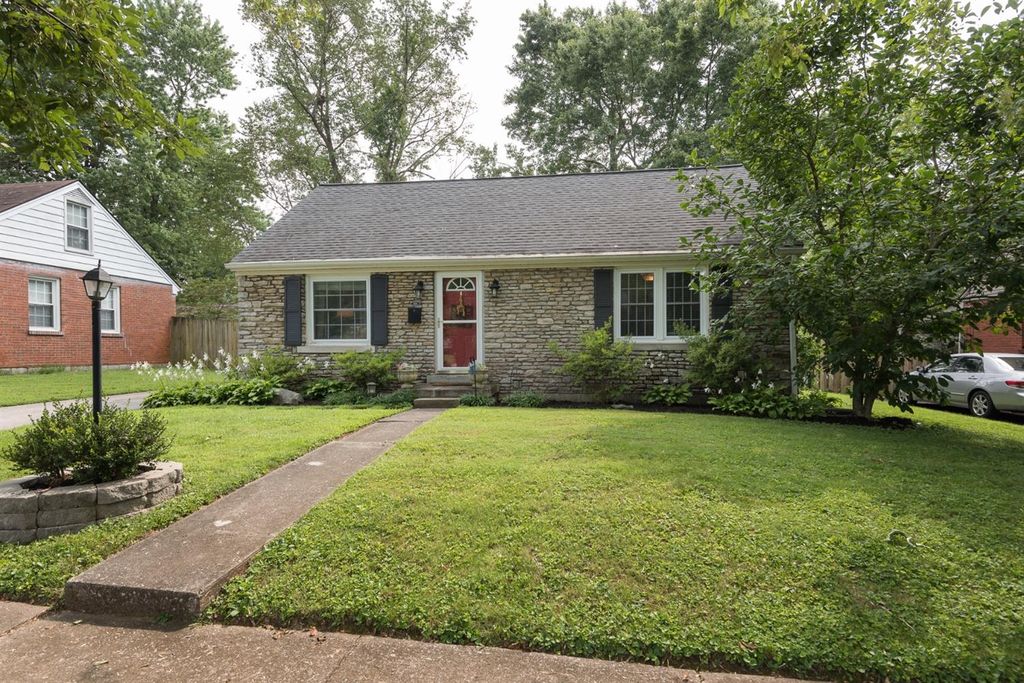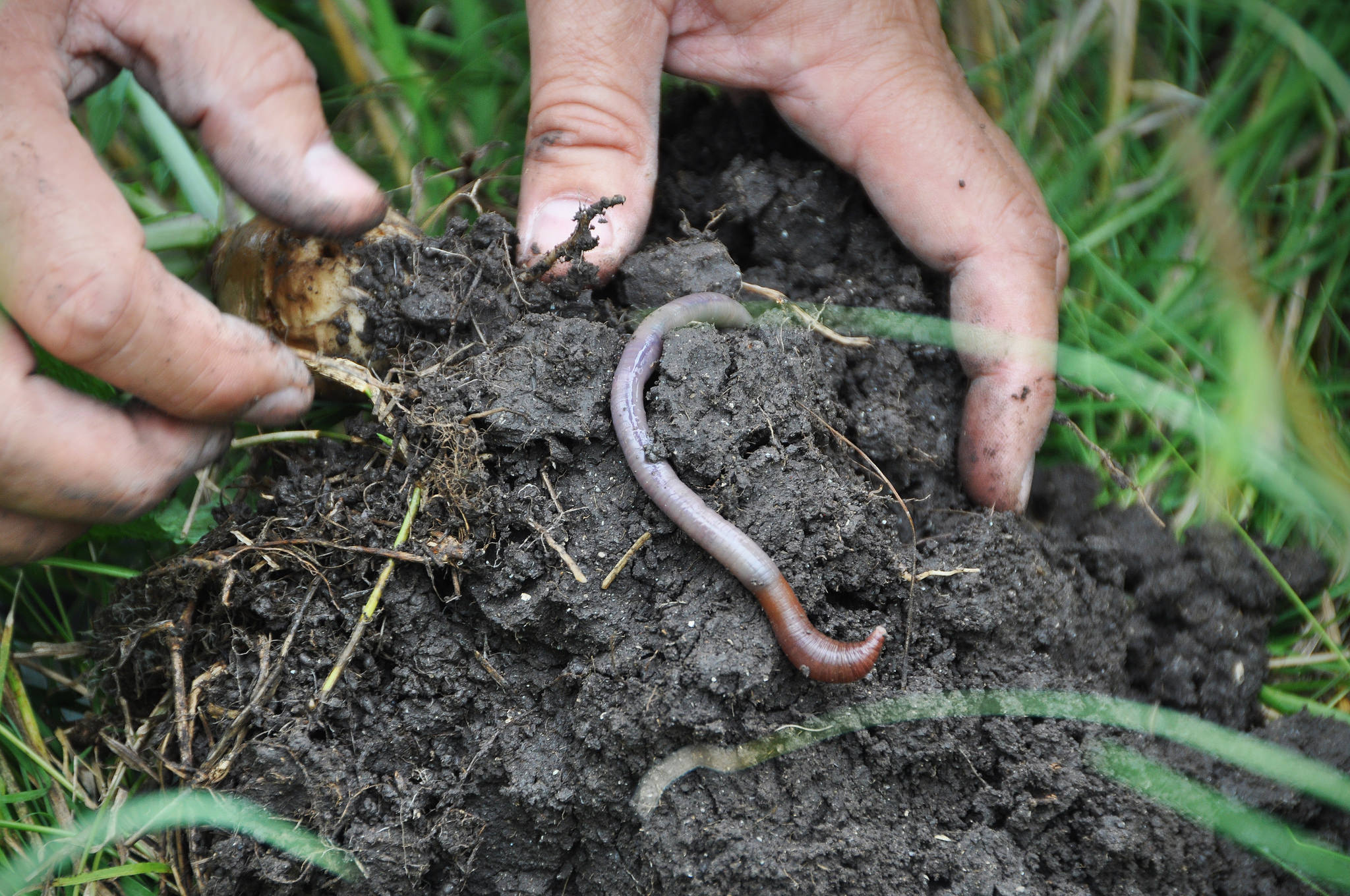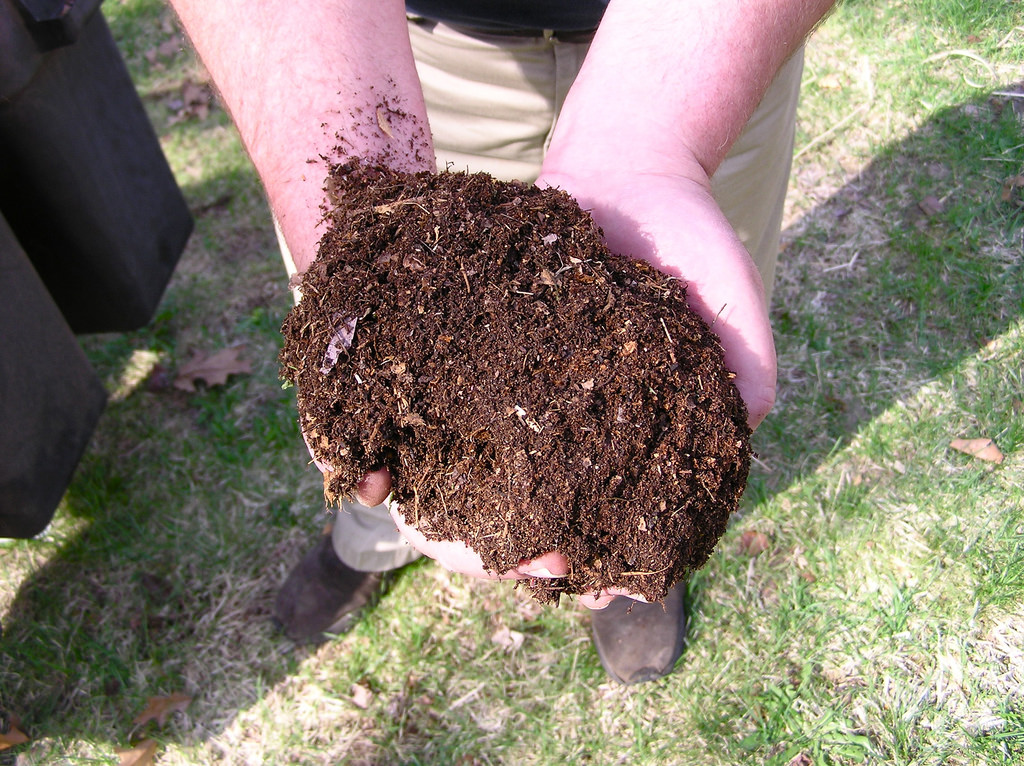Eco-Friendly Lawn Care Tips for Lexington, KY

Lexington, KY homes are known for their luscious green lawns and beautiful landscaping. However, not all lawn care options and techniques help to support the local environment. Consider the following eco-friendly lawn care tips when making decisions about how best to care for your lawn as well as the ecosystem.

Organic Fertilizers
Choosing to use an organic fertilizer, instead of a chemical option, is a great way to support the Lexington environment. Organic fertilizers are any kind of material that contains carbon and there is a wide range of options available on the market. Some organic fertilizers don’t offer a lot of nitrogen which is the main source of nutrients for a lush lawn. However, using an organic fertilizer helps improve the soil as a slow release fertilizer as well as improves the water holding capacity of the lawn which can cut down on watering needs. Consider purchasing an organic fertilizer that has less odor than other options in order to keep neighbors happy as well.
Don’t Bag Clippings
Many Lexington homeowners may choose to bag their lawn clippings while mowing in order to keep a tidy and orderly lawn but doing so can actually take nutrients away from the lawn that are important to overall lawn health. Consider using a mulching lawn mower that will cut the clippings into smaller pieces making it ideal for easy break down. The clippings are a natural and easy way to put nutrients back into the soil, and it requires a lot less work for homeowners.
Add Special Worms
Although not technically categorized as a worm, insect-parasitic nematodes are microscopic worm-like organisms that can be purchased from garden catalogs. These nematodes are naturally found in soil and carry an insect-killing bacteria within them that kills off insects but doesn’t harm birds and mammals. Apply these special organisms in late August or early September to Lexington lawns in order to get the most benefit out of killing lawn infestation grubs.

Mulch Tree Leaves
The University of Kentucky Ag Extension recommends that Lexington homeowners mulch the dead leaves that fall onto lawns during the autumn season. Doing so can return essential nutrients to the lawn and reduce landfill waste. Leaf mulchers are the best option but homeowners can also mow the leaves on the highest cutting height of their mower if needed. Refrain from allowing whole dead leaves to cover your lawn as this can cause many issues including fungi and encourage pests. Mulching tree leaves will also provide a free fertilizer that is environmentally friendly.
Adjust Watering
One of the main ways that Lexington homeowners can help support the environment is to tailor their lawn watering schedule to the bare minimum needed. This can easily be done by making sure that your sprinklers aren’t on during a rainstorm or accidentally watering the sidewalk more than they are watering the grass.
Another way to help the environment with this precious natural resource, as well as support your lawn, is to water your lawn for about an hour once a week. This will provide a deep soak to your lawn that will encourage strong root growth. Watering daily for 10-15 minutes of time actually keeps roots small and can hinder your lawn from gaining strength within the soil.
Lexington homeowners have many options when choosing to care for their lawn in an environmentally friendly way. From organic fertilizers to micro organisms there are plenty of options to encourage lawn growth without the added use of harmful chemicals. Further your environment friendly lawn care routine with adjustments to your watering schedule as well as making small changes like mulching grass clippings and fall leaves. Consider all of these eco-friendly tips when caring for your Lexington lawn.
Need help preparing your lawn? Visit our Lexington lawn care page to get in touch with a professional!
Featured image source: Zillow Lexington